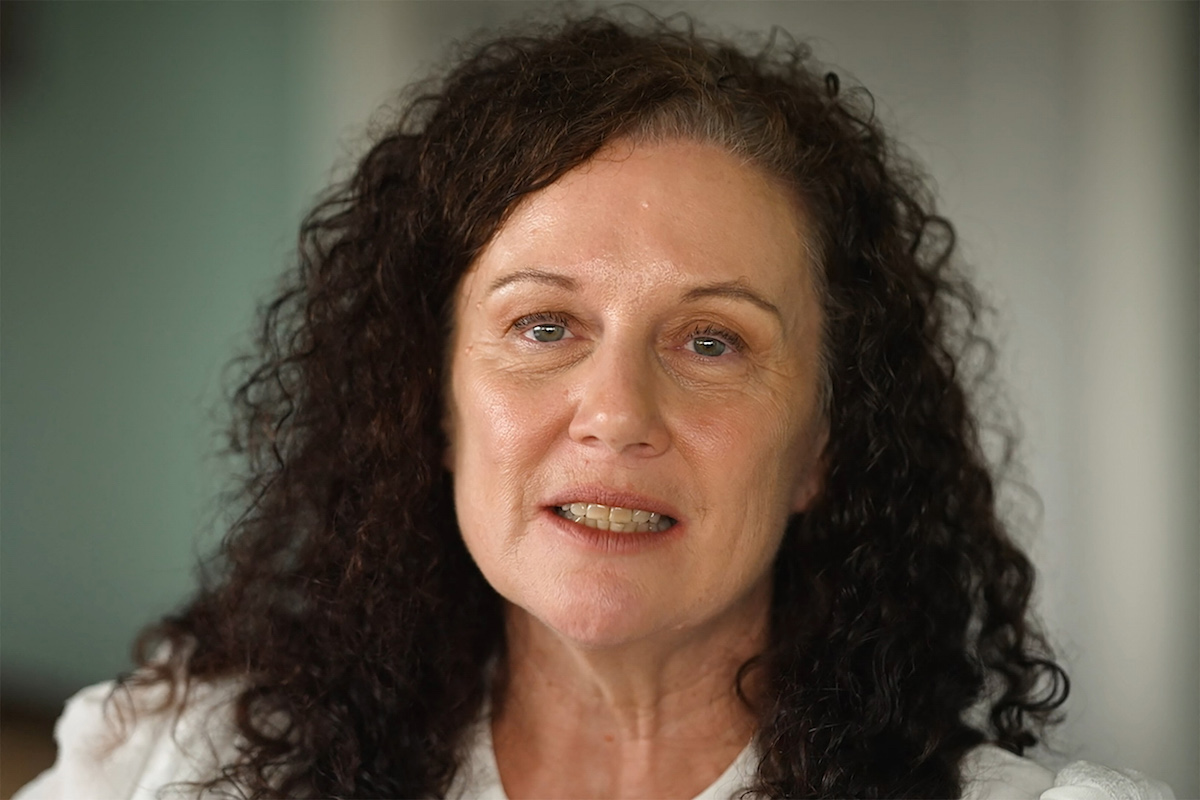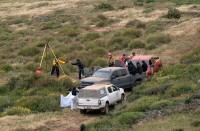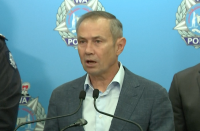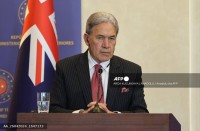
SYDNEY, Dec 14, 2023 (AFP) – An Australian mother jailed for 20 years over the killing of her four children was acquitted on Thursday, after scientific breakthroughs helped clear her name.
Kathleen Folbigg was imprisoned in 2003 after she was convicted of killing her children, who died suddenly and without explanation between 1989 and 1999.
Once dubbed “Australia’s worst female serial killer”, Folbigg doggedly fought for more than two decades to prove her innocence, and was pardoned earlier this year after it was found they had died of natural causes.
“For almost a quarter of a century I faced disbelief and hostility. I suffered abuse in all its forms,” Folbigg told reporters Thursday after she was acquitted by an Australian court.
“I am grateful that updated science and genetics have given me answers as to how my children died,” she added, choking back tears.
Folbigg had been convicted of murdering her three children Patrick, Sarah and Laura — as well as the manslaughter of her son Caleb.
The children were aged between 19 days and 18 months old.
The circumstantial case against Folbigg relied heavily on her anguished diary entries, which prosecutors claimed showed admissions of guilt.
She was found guilty of smothering and suffocating the children, despite a lack of forensic evidence.
Scientific breakthroughs in recent years uncovered rare genetic mutations and congenital defects that helped explain the sudden deaths.
The Australian Academy of Science — a collection of some of the country’s most eminent researchers — became an influential champion of her case.
Folbigg was released from prison earlier this year after winning an unconditional pardon from the governor of New South Wales.
But she had to go through a separate legal process to have her convictions officially overturned by the New South Wales Court of Criminal Appeal.
Folbigg’s lawyer Rhanee Rego said the decision now opened the door to a “substantial” claim for compensation.







